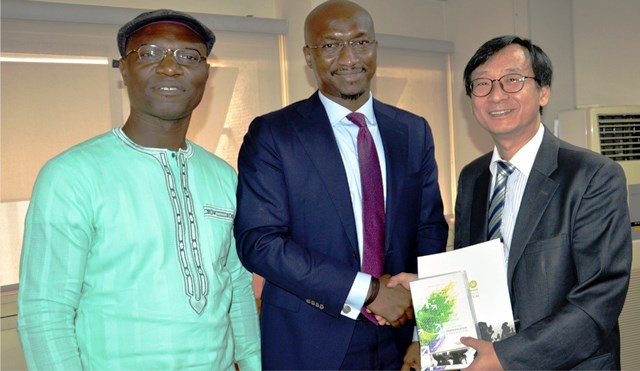Business
$2.5bn Ibom Seaport Begins Operations, April

The $2.5 billion Ibom Deep Seaport, a Public Private Partnership (PPP) project would come to reality on or before April 2019.
The project would change the landscape of infrastructure in Nigeria Senior Special Assistant to the President on Infrastructure, Ms Imeh Okon, said in Uyo on Friday.
At the high level stakeholders retreat on Public Private Partnership (PPP), she said: “It will have solutions to traffic congestion in Lagos port because those goods that normally go to Lagos will come here.’
“I can assure you before April, the contract for Ibom Deep Seaport will be signed and the approved consortium will start immediately.”
She said that the country has spent N2.7 trillion on infrastructure development in the last three years.
She said that N100 billion had been injected into rail projects.
“What we have done as a government is to go back to the 25-year Master Plan on the rail sector. All what you are seeing right now is in terms of rail infrastructure as a result of the master plan that was on ground.”
According to her, the essence of the retreat was to bring stakeholders together to deliberate and develop on policies that would be suitable for the country.
She said that the federal government was committed to the development of infrastructure in the country, adding that infrastructural development would enhance growth.
The presidential Aide however, said that revenue generation was a major challenge since the country depended on oil for revenue adding that the price of oil was not stable in the international market.
“The challenge we have seen is revenue; because we are largely dependent on oil to generate revenue and the price of oil has affected government spending.
“So, we are going to partner with the private sector to develop most of our priority infrastructure projects.”
The Acting Director-General, Infrastructure Concession Regulatory Commission (ICRC), Mr Chidi Izuwah, noted that infrastructure deficit was the major challenge to the nation’s development.
According to him, increase in infrastructure will boost prosperity, growth and peace in the country.

